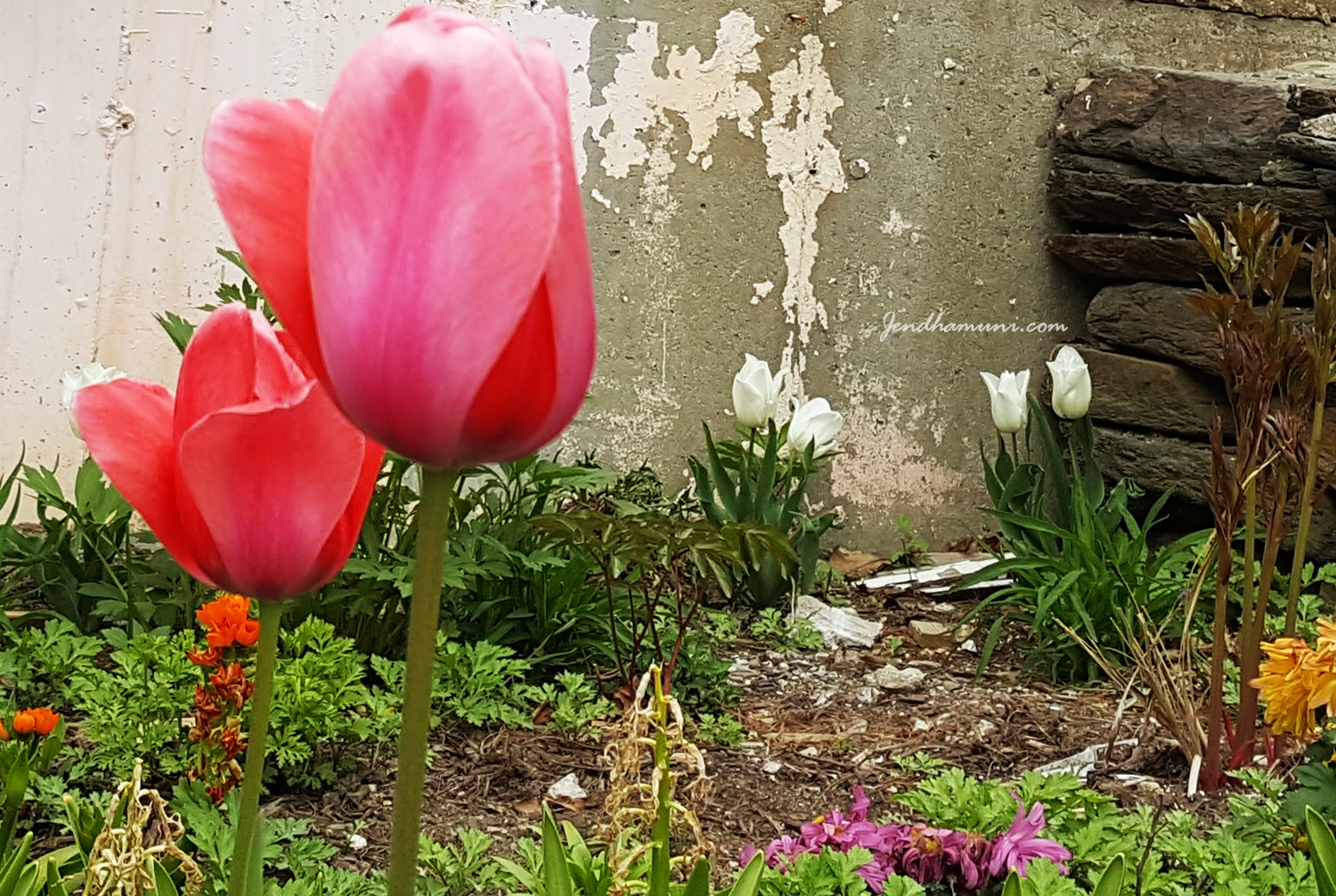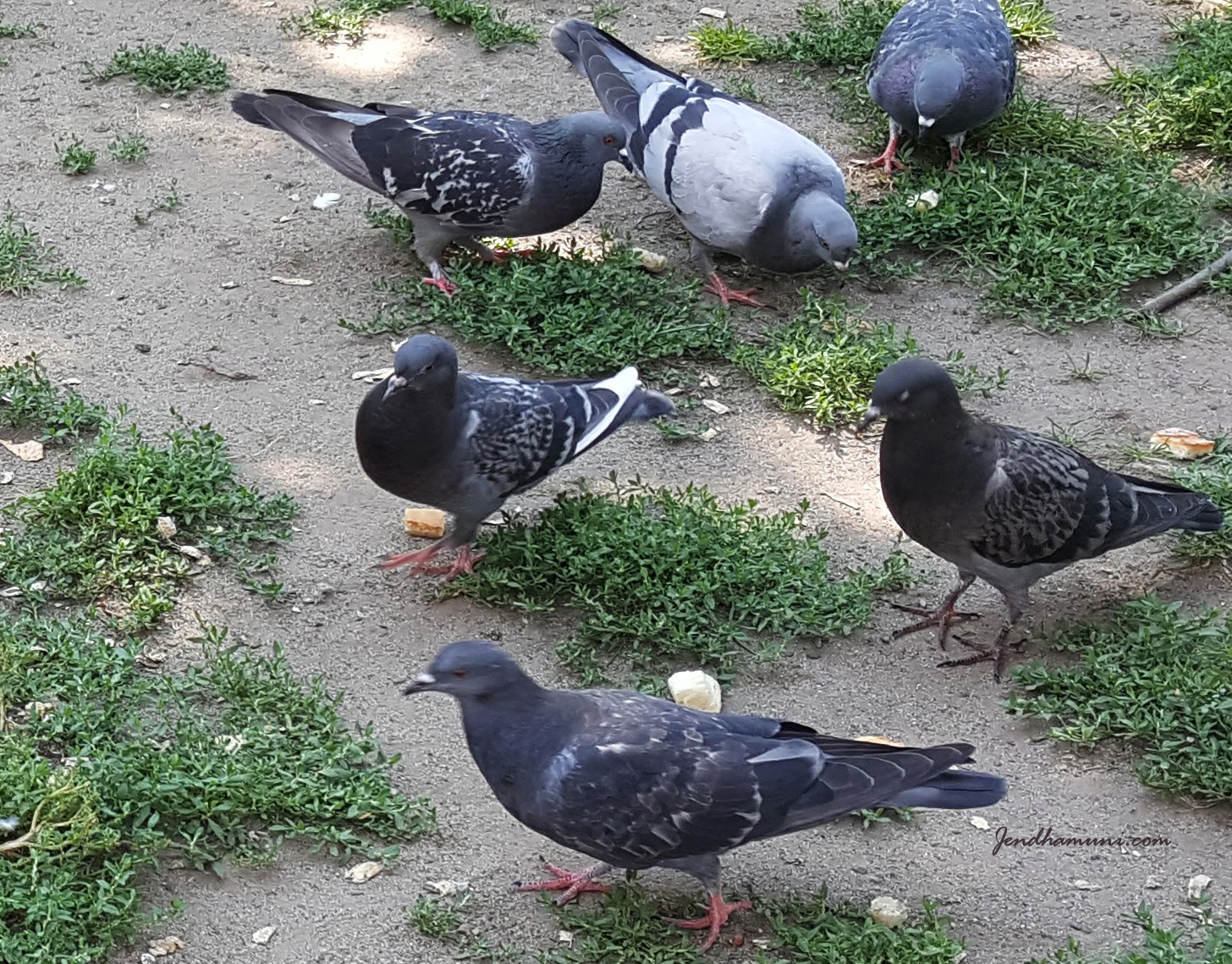-
Comment April 12, 2019
-
Peace requires us to surrender our illusions of control
Comment April 12, 2019Peace requires us to surrender our illusions of control. We can love and care for others but we cannot possess our children, lovers, family, or friends. We can assist them, pray for them, and wish them well, yet in the end their happiness and suffering depend on their thoughts and actions, not on our wishes. ~Jack Kornfield
-
Do not be afraid of your difficulty
Comment April 11, 2019 -
Everything is based on mind
Comment April 11, 2019 -
Content is the wealth of nature
Comment April 10, 2019 -
Seek the highest consciousness
Comment April 10, 2019 -
The Story of Thera Mahakassapa
Comment April 10, 2019Verse 91: The mindful strive diligently (in the Tranquillity and Insight Development Practice); they take no delight in the home (i.e., in the life of sensual pleasures); like swans (hamsa) that forsake the muddy pool, they abandon all home life (i.e., all cravings).
The Story of Thera Mahakassapa
While residing at the Veluvana monastery, the Buddha uttered Verse (91) of this book, with reference to Thera Mahakassapa.
The Buddha once spent the vassa at Rajagaha with a number of bhikkhus. About two weeks before the end of the vassa, the Buddha informed the bhikkhus that they would soon be leaving Rajagaha and told them to prepare for departure. Some bhikkhus stitched and dyed new robes, some washed the old robes. When some bhikkhus saw Mahakassapa washing his robes, they speculated, “There are so many people inside and outside Rajagaha who love and respect Thera Mahakassapa and are constantly looking to all his needs; is it possible that the Thera would leave his lay devotees here and follow the Buddha elsewhere?”
At the end of fifteen days, on the eve of his departure, the Buddha thought that there might be some occasions like alms-food offering ceremonies, initiation of novices, funerals, etc., and so it would not be proper for all the bhikkhus to leave. So he decided that some bhikkhus should remain at the Veluvana monastery and that the most suitable person would be Thera Mahakassapa. Consequently, Thera Mahakassapa remained in Rajagaha with some junior bhikkhus.
Then the other bhikkhus said scornfully, “Mahakassapa has not accompanied the Buddha, just as we have predicted!” The Buddha heard their remark and said to them, “Bhikkhus! Do you wish to say that my son Kassapa is attached to his lay disciples of Rajagaha and to the things they offer him? You are very much mistaken. My son Kassapa remains here under my instruction; he is not attached to anything here.”
Then the Buddha spoke in verse as follows:
Verse 91: The mindful strive diligently (in the Tranquillity and Insight Development Practice); they take no delight in the home (i.e., in the life of sensual pleasures); like swans (hamsa) that forsake the muddy pool, they abandon all home life (i.e., all cravings).Dhammapada Verse 91
Mahakassapatthera VatthuUyyunjanti satimanto
na nikete ramanti te
hamsava pallalam hitva
okamokam jahanti te.Source: Tipitaka
-
You have to grow from the inside out
Comment April 10, 2019 -
We need a repeated discipline
Comment April 9, 2019 -
The inclination of his awareness
Comment April 9, 2019


















